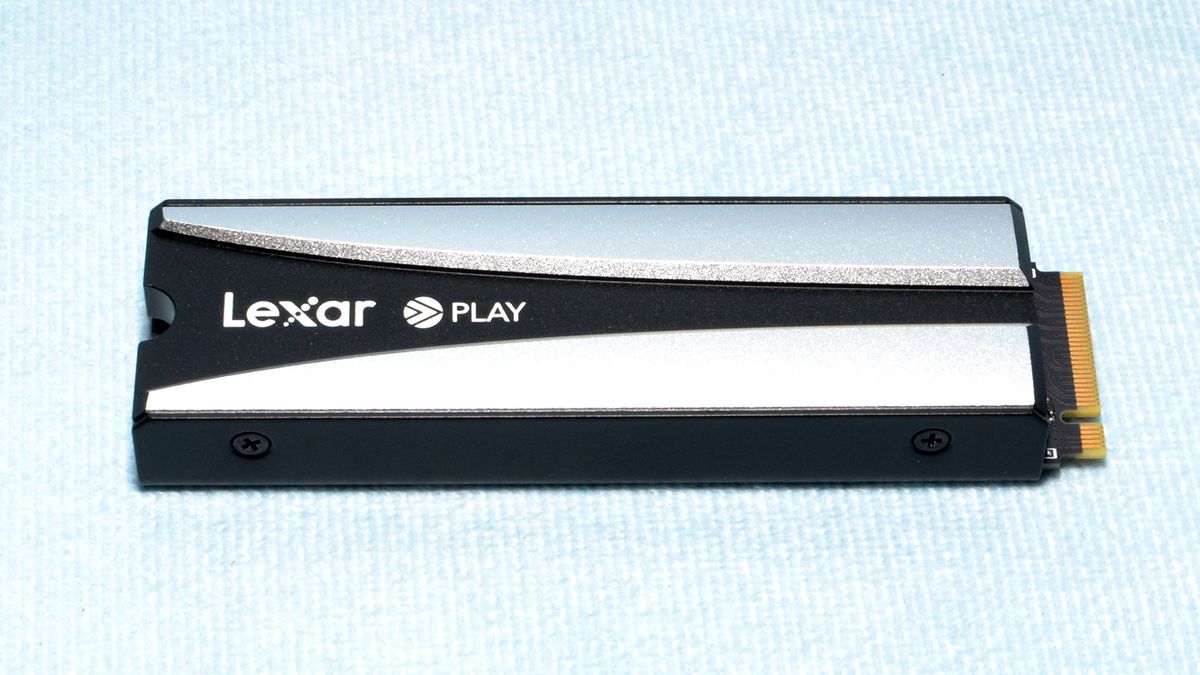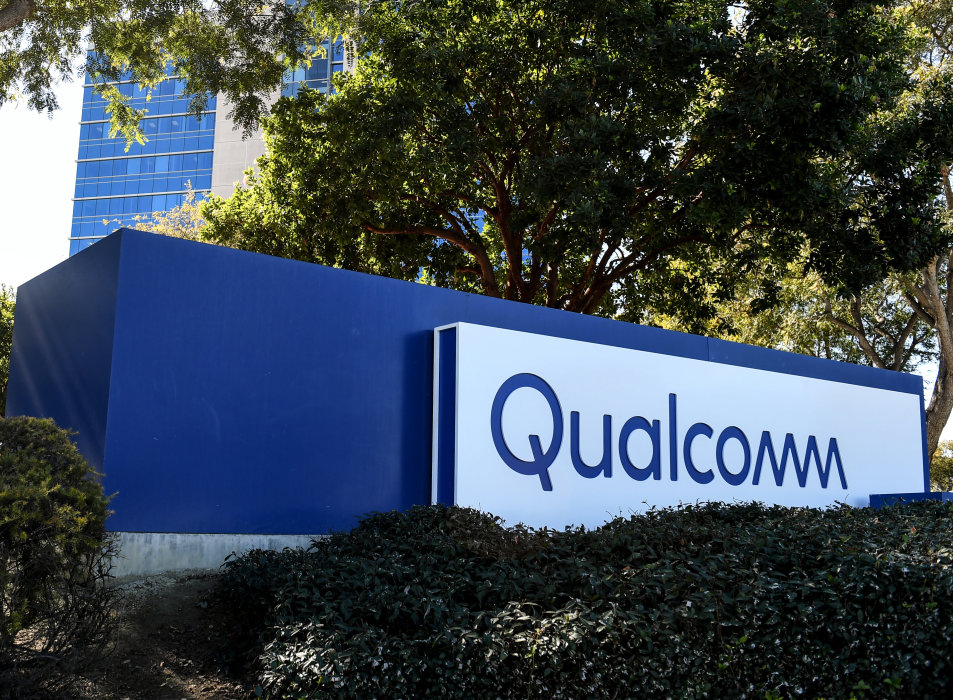LR Trust, an Intel shareholder, has filed a lawsuit related to the performance of Intel Foundry and against former and current executives as well as directors of the company (as discovered by The Register). The lawsuit accuses Pat Gelsinger, the former chief executive of Intel, and David Zinsner, an interim co-CEO and CFO of Intel, of mismanagement, misleading disclosures, and demanding the return of their compensations and other gains to the company. Among the listed demands, the plaintiffs seek the entire sum of Gelsinger's $207 million salary earned during his tenure in 2021, 2022, and 2023, which would then be paid back to Intel.
The lawsuit claims that Pat Gelsinger and David Zinsner failed to communicate the poor performance of the Intel Foundry division, which had struggled to attract significant interest from major fabless designers while bleeding money. The lawsuit accuses Intel of failing to disclose critical risks in its 2024 Proxy Statement, a claim similar to one for which the company the company was sued for earlier this year. The lawsuit further claims that executives and board members allowed misleading statements about Intel Foundry Services' (IFS) growth potential, obscuring substantial operating losses and declining internal revenue.
LR Trust asserts that Intel misrepresented the financial condition and performance of IFS and issued materially false and misleading public statements regarding cost savings, operational efficiencies, and IFS's profitability. Intel's production unit lost $7 billion in 2023 alone, and losses worsened in 2024 as the company increased spending on new fabs.
The lawsuit seeks remedies for alleged harm to the company itself. If successful, the damages would be paid to Intel rather than LR Trust and individual shareholders, which could improve the company's financial health. If LR Trust wins the lawsuit, it benefits primarily through its indirect interest as a long-term shareholder of Intel.
The lawsuit also claims that Pat Gelsinger and David Zinsner allegedly received substantial compensation, including salaries, stock awards, and bonuses, during a period of alleged mismanagement and financial misrepresentation. As a result, the plaintiffs seek restitution and punitive damages, along with court costs.
Page 19, point 70 of the lawsuit states [PDF]
"As later admitted by Intel, and in breach of the individual defendants' fiduciary duties, the true status of Intel's affairs at the time were that: (1) IFS's growth was not indicative of revenue growth reportable under its segment; (2) IFS experienced substantial operating losses in 2023; (3) IFS experienced a decline in product profit driven by lower internal revenue; (4) due to the foregoing, IFS could not be a strong tailwind to Intel’s foundry strategy; and (5) the Company failed to maintain adequate internal controls," the lawsuit states. "As a result of the foregoing, the Company's public statements were materially false and misleading at all relevant times."

 1 day ago
2
1 day ago
2








 English (US) ·
English (US) ·